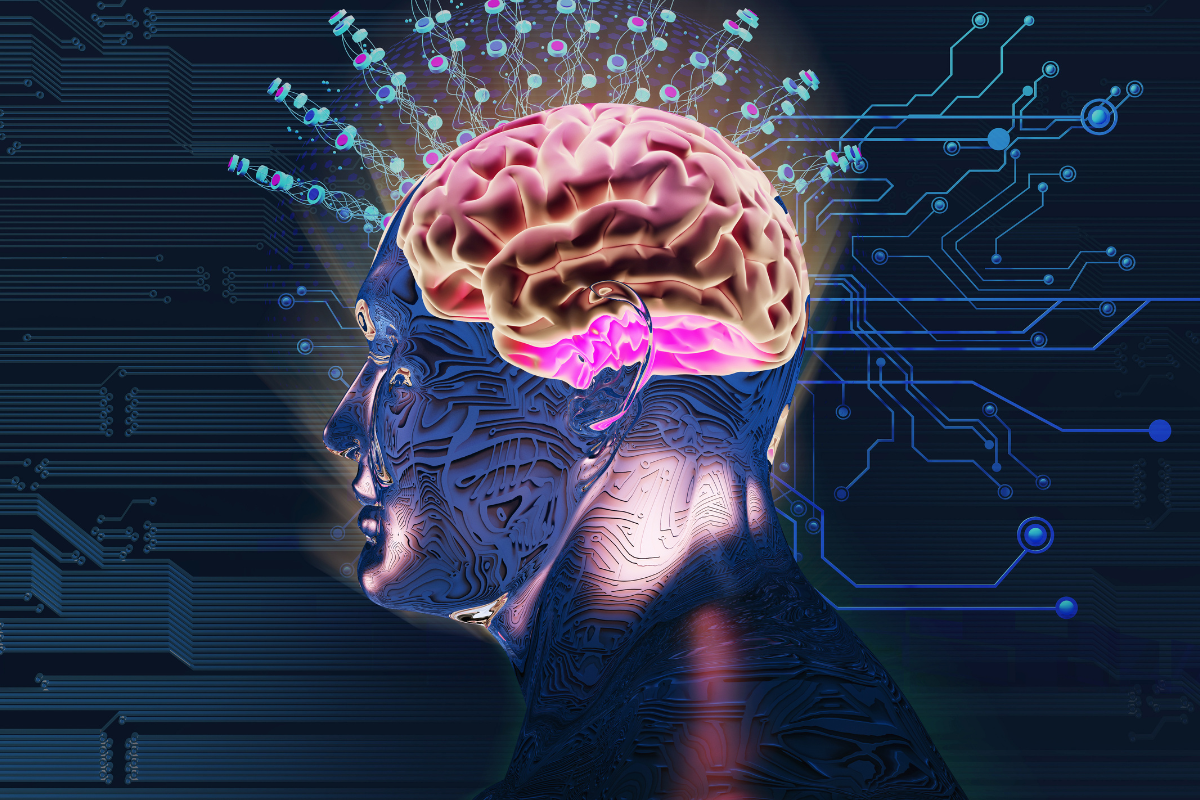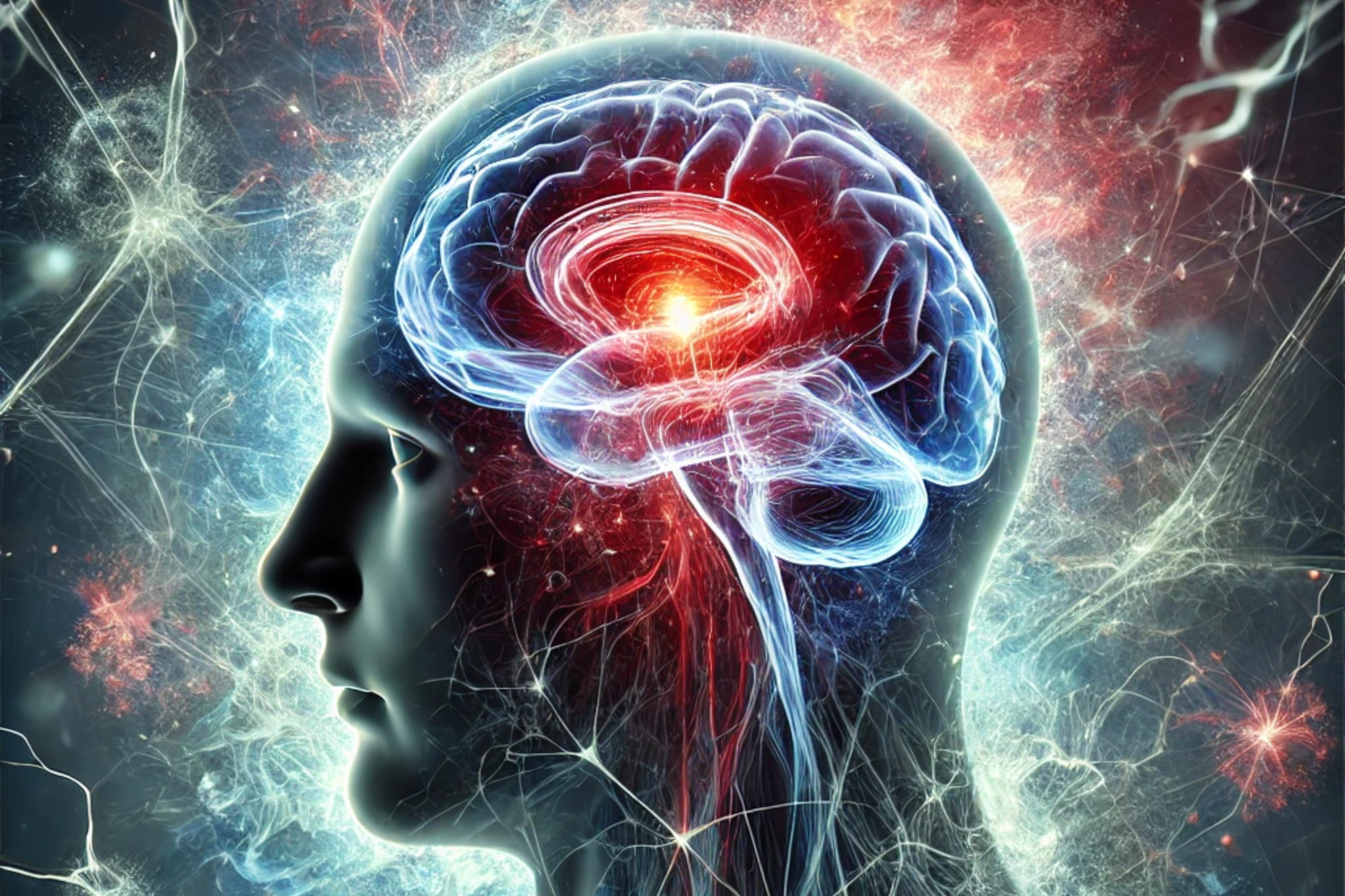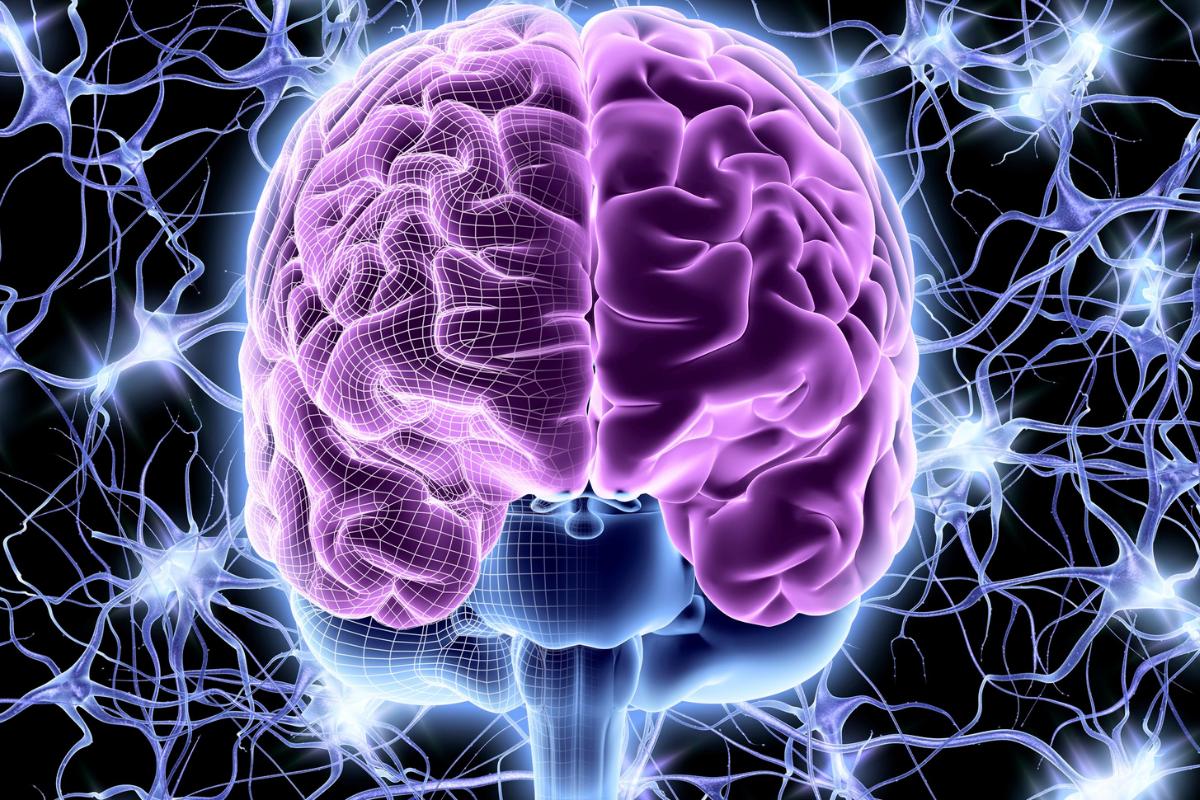By Dr. Petrus Raulino
What is Maternal Depression?
A depression is the most prevalent mental disorder during pregnancy and the puerperium.
Maternal depression contributes to impaired interaction with the baby and increases the babies' risk of cognitive, emotional and behavioral disorders.
Depression after childbirth
A study published in the journal Pediatrics conducted by researchers from the National Institute of Child Health and Human Development (NICHD) showed that 1 in 4 women experienced high levels of depressive symptoms at some point in the three years after giving birth.
For comparison, the lifetime prevalence of depression in the general population is around 20%.
Therefore, the prevalence of 25% depression in the three years following childbirth is high and draws attention.
The researchers also identified four trajectories of postpartum depressive symptoms and the factors that can increase a woman's risk of developing severe symptoms.
The trajectories of depressive symptoms were identified as:
- Low-stable, characterized by mild symptoms in the period (74.7%);
- Low-growing, characterized by initially mild symptoms, but increasing over time (8.2%);
- Medium-decreasing, characterized by symptoms that are initially moderate but remit over time (12.6%);
- High-persistent, characterized by symptoms at high and persistent levels (4.5%).
Profiles most likely to develop depressive symptoms in the puerperium
Women with a history of mood disorders in the past or during pregnancy are likely to develop depressive symptoms in the puerperium.
Unplanned or unwanted pregnancies are also factors that increase stress and can cause symptoms to appear.
Physical, emotional and lifestyle factors can also influence the appearance of depressive disorder.
Evidence suggests that many mothers do not seek treatment. Many women hope that the symptoms will pass without treatment.
Proper treatment protects mother and baby from the burden of depression. It's important to seek specialized mental health support. Qualified knowledge makes a difference.
References
Putnick, D. L., Sundaram, R., Bell, E. M., Ghassabian, A., Goldstein, R. B., Robinson, S. L., ... & Yeung, E. (2020). Trajectories of maternal postpartum depressive symptoms. Pediatrics, 146(5).
Dennis, C. L., & Chung?Lee, L. (2006). Postpartum depression help?seeking barriers and maternal treatment preferences: A qualitative systematic review. Birth, 33(4), 323-331.







